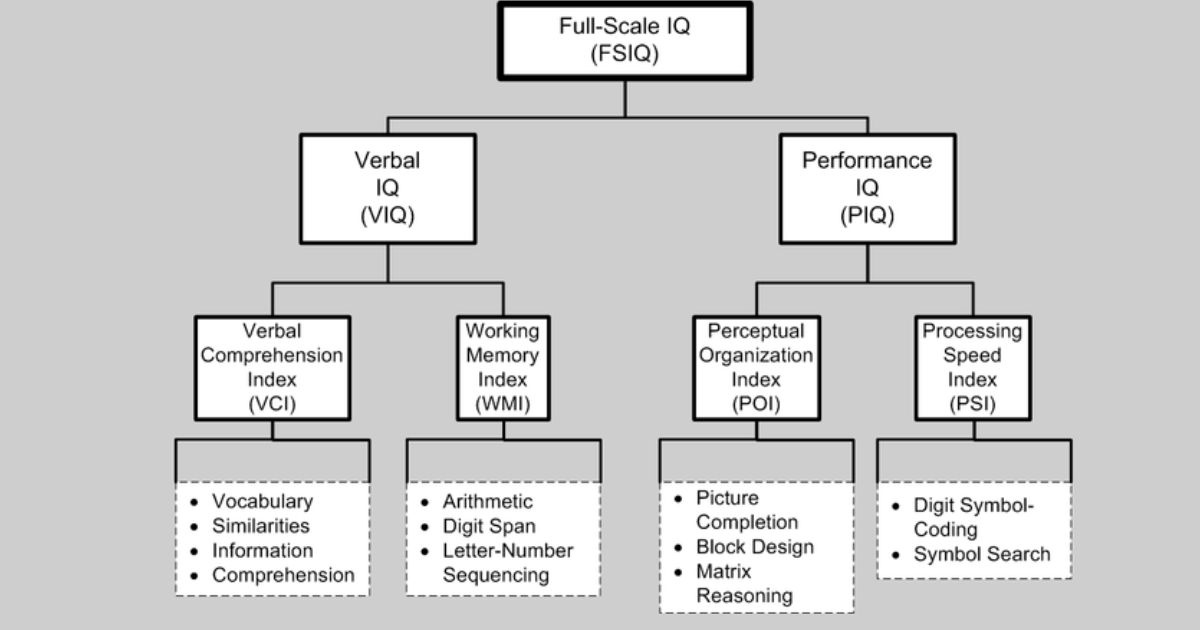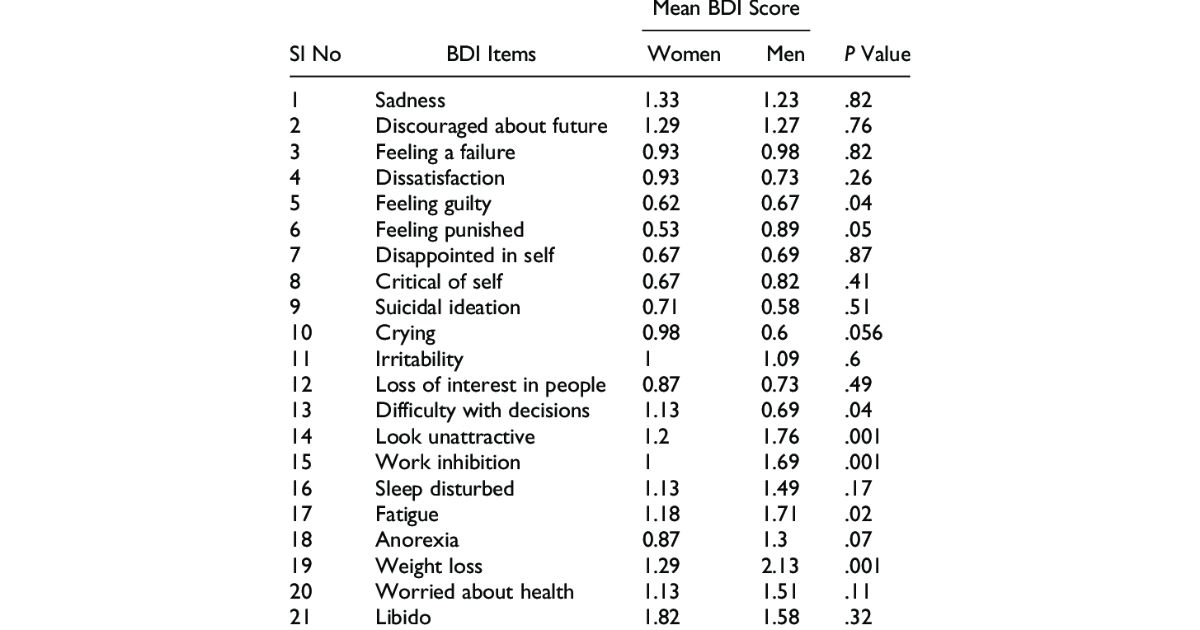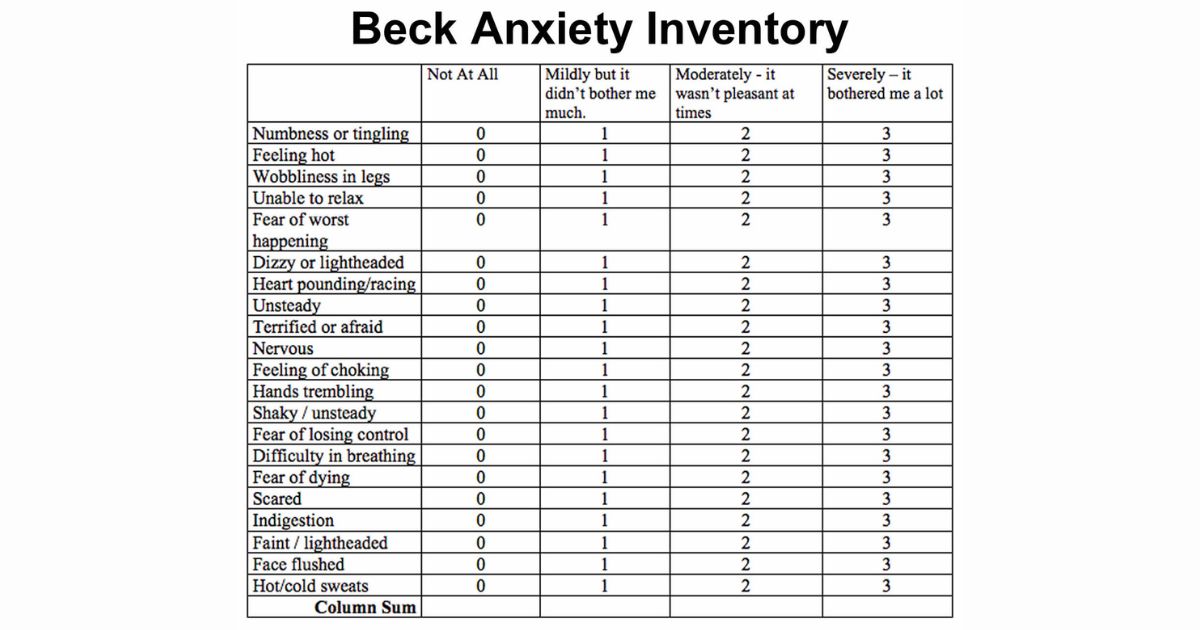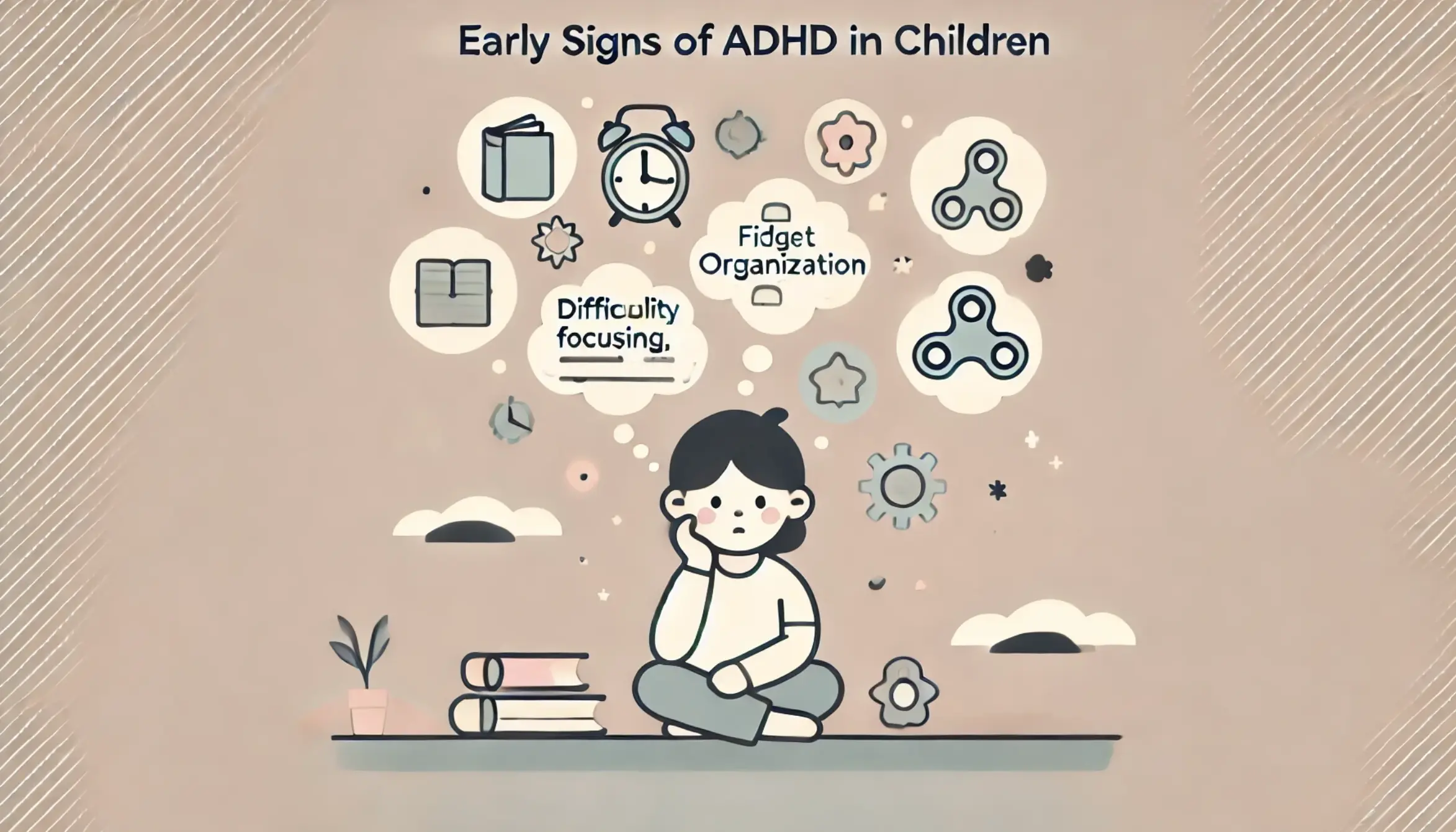Navigating the Autism Spectrum Disorder neurodevelopmental evaluations can be a complex journey. However, understanding the neurodevelopmental evaluation process is crucial for individuals and families seeking answers and support.
This comprehensive guide delves into the essentials of ASD evaluations conducted by psychologists. From the initial steps to the intricacies of assessment tools, join us as we unravel the key aspects you need to know about adult autism evaluation. Empower yourself with insights that can make a difference in the lives of those touched by ASD!
Expertise in Autism Assessment
Professional psychologists who conduct autism evaluations have extensive knowledge and education in spotting the subtle behavioral and mental changes associated with the disorder.
Because of their extensive experience, they can recognize subtle patterns that contribute to precise diagnoses and tailor-made therapeutic strategies.
These professionals are well-versed in the nuances of social communication difficulties, repetitive behaviors, and sensory sensitivity, all of which are hallmarks of autism spectrum disorder.
Their years of experience have taught them to be precise, leading to more in-depth adult autism diagnoses considering unique characteristics. They work tirelessly to highlight important issues, allowing people with autism spectrum disorders rich and meaningful lives.
Comprehensive Assessment Tools
In order to carefully compile a thorough grasp of an individual’s developmental path, behavioral traits, communication aptitude, and social dynamics, psychologists use a variety of assessment instruments, including questionnaires and standardized tests.
These carefully designed instruments allow for a thorough assessment beyond simple evaluation for autism observations.
Psychologists gain comprehensive insights into the person’s strengths, challenges, and particular needs through this holistic method. This extensive data forms the basis for individualized intervention methods, well-informed decision-making, and improving the quality of life for persons undergoing assessment.
Wechsler Adult Intelligence Scale

The Wechsler Adult Intelligence Scale (WAIS) is a renowned psychological assessment tool designed to measure cognitive abilities in adults. According to recent studies in cognitive neuroscience and David Wechsler, Ph.D.’s theories and work, the Wechsler Adult Intelligence Scale | Fourth Edition (WAIS-IV) is the most sophisticated adult measure of cognitive ability.
With its standardized approach and norm-based scoring, WAIS offers valuable insights into an individual’s cognitive strengths and weaknesses. Used by psychologists and clinicians, WAIS aids in diagnosing cognitive impairments, informing educational and vocational planning, and guiding interventions.
Autism Diagnostic Observation Schedule ADOS
The Autism Diagnostic Observation Schedule is an established autism diagnosis test for determining a patient’s autism spectrum disorder diagnosis. ADOS assesses people’s social communication, interaction, and behavior abilities by recording their reactions to predetermined activities.
Due to its standardized techniques, physicians may evaluate these characteristics at every stage of development. ADOS is flexible enough to meet a wide range of needs thanks to its modular design that is adjustable to suit the communicative abilities of the user.
Social Communication Questionnaire
The Autism Spectrum Disorder evaluation community regularly uses the Social Communication Questionnaire. When gathering data from parents or carers on a child’s social interactions, language development, and possible ASD symptoms, the Social Communication Questionnaire is a well-thought-out and standardized method.
In order to identify people who may have difficulties with social interaction, a questionnaire focused on communication was created. Carefully crafted questions help in early detection, enhance therapeutic decision-making, and contribute to research efforts to better understand and treat social communication issues.
Beck Depression Inventory BDI

The commonly used Beck Depression Inventory is an autism self-diagnosis questionnaire designed to assess the severity of depression symptoms in individuals. By quantifying the intensity of symptoms, the BDI helps clinicians gauge the presence and severity of depression.
It is a valuable tool for initial screening, tracking symptom changes, and guiding treatment decisions. The BDI’s user-friendly format and well-established reliability make it a fundamental instrument in understanding and addressing depression in clinical settings.
Beck Anxiety Inventory BAI

One way of measuring anxiety is with the help of the Beck Anxiety Inventory. It is a self-report assessment tool monitoring the individual’s state of health over the past week, primarily focusing on somatic symptoms, and consists of 21 questions with multiple-choice answers.
The BAI is helpful for physicians and researchers because it quantifies the severity of these symptoms, making it easier to assess an individual’s anxiety levels and track changes over time. A more accurate diagnosis, better treatment options, and a better grasp of anxiety disorders are all made possible by this method’s systematic approach.
Adaptive Behavior Assessment System
The Adaptive Behavior Assessment System is a comprehensive tool designed to evaluate an individual’s adaptive functioning across various life domains. The ABAS generates insights into an individual’s ability to cope with everyday tasks and navigate their environment through structured interviews and observations.
This assessment is particularly valuable for diagnosing intellectual and developmental disabilities, creating tailored intervention plans, and measuring progress over time. ABAS is essential in understanding an individual’s adaptive strengths and challenges, facilitating informed decision-making and support.
Vineland Adaptive Behavior Scale
When it comes to diagnosing intellectual and developmental disorders, autism, and developmental delays, the Vineland Adaptive Behaviour Scale is a gold-standard assessment tool that uses semi-structured interviews to measure adaptive behavior. Eligibility for services, planning of interventions, and tracking of outcomes can all benefit from this information.
The assessment is conducted through interviews, questionnaires, and direct observations, providing insights into an individual’s adaptive strengths and challenges. It offers a holistic view of an individual’s functional abilities, aiding in informed decision-making and support.
Posttraumatic Stress Disorder Checklist (PCL)
The Posttraumatic Stress Disorder Checklist is a standard self-report assessment tool for determining the existence and severity of posttraumatic stress disorder symptoms. This assessment assists clinicians, psychologists, and researchers in diagnosing PTSD, monitoring symptom changes, and assessing treatment effectiveness.
Its structured approach improves diagnostic precision and promotes a deeper comprehension of the effects of trauma on people’s psychological health, driving effective therapies and support measures. The PCL is invaluable in understanding the complexity of PTSD, aiding in treatment planning, and facilitating communication between clinicians, researchers, and individuals who have experienced trauma.
Diagnostic Criteria and DSM-5
The DSM-5 is the basis for psychologists’ diagnostic standards for Autism Spectrum Disorder (ASD). They carefully consider how a person’s social communication skills, such as their capacity for reciprocity and their use of nonverbal cues, fall short.
To make sure they get a whole picture, they also check for things like if there are any ingrained routines or narrowed interests. By strictly adhering to these criteria, psychologists can confidently diagnose persons with ASD, paving the way for more precise intervention plans and individualized care.
Observational Assessment
Behavioral observations and assessments play a crucial role in psychology, as psychologists frequently observe individuals across different environments. This method provides valuable insights into their social dynamics, communication patterns, and the presence of repetitive behaviors. By witnessing firsthand how individuals interact with others and respond to stimuli, psychologists can gather nuanced information that informs accurate assessments and guides the development of effective intervention strategies.
Cognitive and Intellectual Assessment
Cognitive and intellectual assessment is a fundamental tool that allows psychologists to uncover an individual’s mental aptitudes and limitations. Psychologists gain insights into an individual’s intellectual profile by evaluating cognitive functions like memory, problem-solving, and attention. This information is a cornerstone for designing targeted intervention strategies that leverage strengths and address challenges.
Language and Communication Assessment
Language and communication assessments conducted by psychologists encompass a comprehensive evaluation of an individual’s linguistic progress, speech tendencies, and utilization of nonverbal signals. By scrutinizing these aspects, professionals acquire insights into the person’s proficiency in conveying thoughts and emotions. This assessment aids in identifying any language-related challenges, speech disorders, or communication barriers.
Sensory Sensitivities and Behaviors
In psychological assessments, the evaluation of sensory sensitivities and repetitive behaviors holds significant importance. Psychologists examine how individuals react to sensory stimuli, gauging their responses and the influence of these sensitivities on daily activities. This assessment provides a deeper understanding of an individual’s sensory experiences and how these behaviors might impact their overall well-being and functionality.
Parent and Caregiver Interviews
Through parent and caregiver interviews, psychologists glean insights into an individual’s behaviors within diverse contexts and acquire historical background. The input provided by those closest to the individual offers a well-rounded perspective on their developmental journey, challenges, and strengths. This collaborative approach aids in crafting a comprehensive assessment, refining intervention strategies, and fostering a deeper understanding of the individual’s needs.
Support for Individuals and Families: How to Get Evaluated for Autism?
Psychologists play a crucial role in providing essential emotional support and guidance to both individuals diagnosed with Autism Spectrum Disorder and their families. By offering insights into the autism diagnosis and its implications, psychologists help families comprehend the journey ahead.
In addition, they also assist in identifying and navigating available resources, interventions, and support networks.
This comprehensive approach empowers individuals with ASD to achieve their potential but also aids families in developing coping strategies and fostering a nurturing environment. Psychologists significantly enhance the overall well-being and quality of life for individuals and their families.
Adult Diagnosis of Autism in Oakland, CA
Expert psychologists from APS conduct comprehensive assessments for adult autism diagnoses. Utilizing observation, interviews, and standardized tools, these professionals offer personalized interventions and support. Their dedication enhances individuals’ and families’ well-being, illustrating the commitment to a better quality of life within the community. Contact us today; we’re here to assist you with your adult diagnosis of autism!





